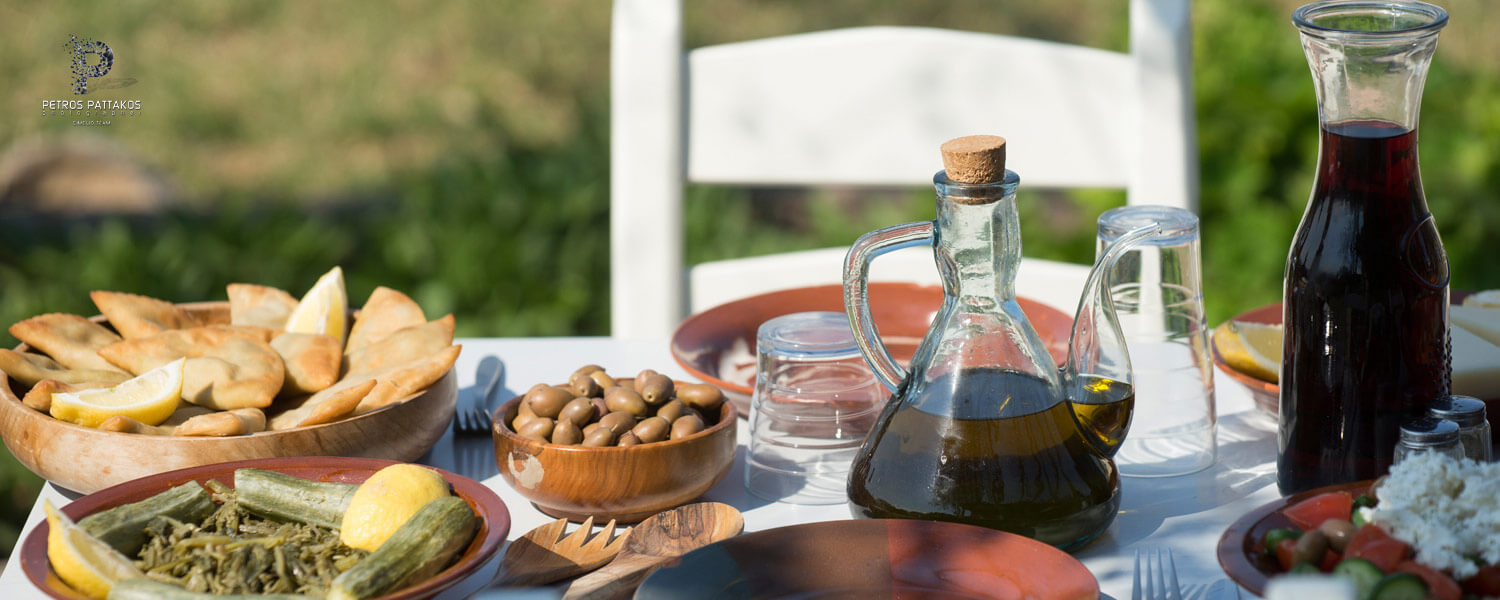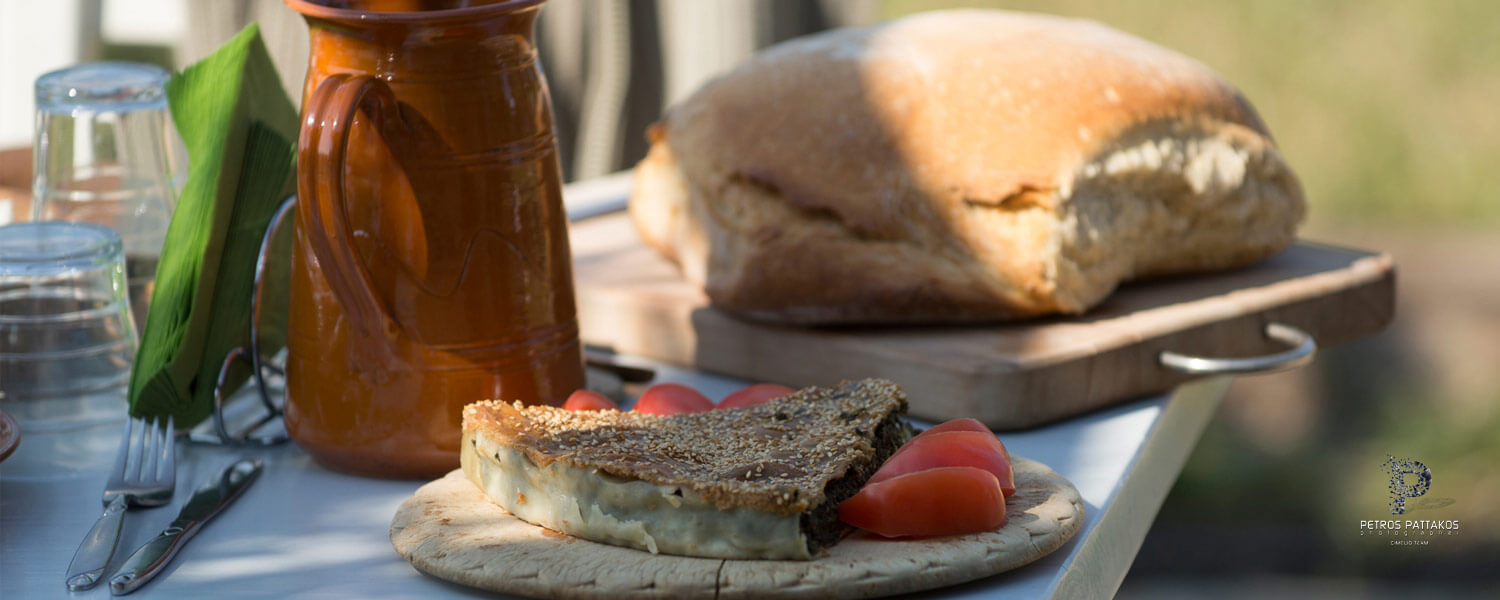“Our diet is our medicine ”
Hippocrates, the father of medicine
(460 BC – 377 BC)
These were the words of Hippocrates, which Dr. Anzel Keys had in mind, when he began in 1960 the “study of the seven countries” on the occasion of the impressive low mortality rates and cardiovascular diseases observed in Crete. Indeed, according to UN figures no other Mediterranean region had such low levels of mortality as Crete, both before and after, the Second World War. The study involved a total of about 13,000 men, who were selected from 16 different regions of seven countries (Finland, Netherlands, Japan, United States, Italy, Yugoslavia and Greece), in order to investigate the unclear at that time correlation between diet and cardiovascular disease. Comparisons between different populations showed that the population of Crete had better health and lower mortality rates from coronary heart disease and cancer, compared to all other populations studied.
Dr. Keys attributed this surprising outcome to the Cretan diet, which incorporates a philosophy of life, where food encompasses the entire culture. But what is the secret of the Cretan diet? Crete has one of the oldest and most delicious cuisines in the world. It is that long tradition of flavors, fragrances, materials and styles that has its origins in the Minoan era and is preserved until our days. According to the findings of the archaeological excavations, it seems that the ancient Cretans 4,000 years ago, were consuming almost the same products as the Cretans of the 1960s. In Minoan palaces several large jars for oil, wine, cereals, legumes and honey were excavated.

Crete throughout the centuries has received numerous culinary influences, as numerous as were the nations that frequently tried to conquer it. A closer look however shows that Cretans developed a special means of “filtering” each dietary habit and adapting it to their own data, making it therefore unique. Despite the number of centuries passed, the soul, the language and the cuisine of the Cretans remained unchanged!
The cuisine of Crete is certainly not characterized as ‘rich’ in regards to the variety of the materials used, at least according to the contemporary perception of what “rich” stands for. The Cretan cuisine is a way of life: simple, unadorned, without redundant spices and flavor enhancers. It is based on the pure, unprocessed goods the Cretan land offers, and on a heartfelt dedication to traditional ways of cooking.
Core element of the traditional Cretan diet, is food from vegetable sources, while animal origin food is of occasional consumption. In brief Cretans consume seasonal products, locally produced, which have undergone little, if any, processing. Fresh and dried fruit, honey, legumes, vegetables, endemic wild greens and herbs, unprocessed grains and nuts, are present in abundance. Dairy products were consumed daily in low to moderate amounts, poultry and fish on a weekly basis in moderate frequency, while red meat is consumed only a few times a month. Dominant in the Cretan diet is olive oil, which is used as the main source of fat in salads and in food preparation, unlike the countries of northern Europe, where mostly animal fats or other types of oil is used instead. Olive oil prevails in the Cretan diet, as is the most powerful natural antioxidant and of high nutritional value.

Take a tour to the Cretan villages, and you will gaze upon endless olive groves, no matter which part of the island you choose to visit. The olive tree is being cultivated in Crete at least since 4000 BC. The Mediterranean climate and the good soil composition, not only have allowed the olive tree to thrive everywhere on the island, but have also contributed to the exquisite quality of the Cretan olive oil, with low acidity and excellent properties. The extensive experience of the Cretans and the inherited knowledge of generations, in combination with good infrastructure and their deep devotion to the olive tree cultivation, account for the fact that in the latest years the 95% of the olive oil produced on the island – around the one third of the domestic production – belongs to the category of “extra virgin olive oil”.

 Olive Oil
Olive Oil Cosmetics
Cosmetics Soaps
Soaps




